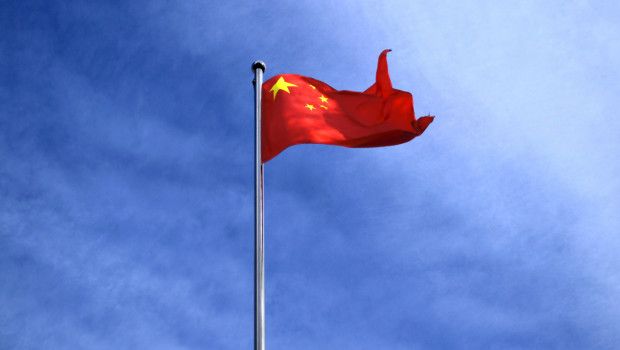China falls back into deflation as pork prices tumble

China fell back into deflationary territory in October as pork prices slid, according to data released on Thursday by the National Bureau of Statistics.
The consumer price index fell 0.2% versus the same month last year, and compared to expectations for a 0.1% decline. The data showed that pork prices tumbled 30.1%.
Meanwhile, the producer price index declined by 2.6% on the year in October following a 2.5% drop in September.
Core inflation - which excludes volatile elements such as food and fuel - fell to 0.6% from 0.8%.
Robert Carnell, regional head of research, Asia-Pacific, at ING, argued that China is not dealing with deflation, but rather "low underlying inflation".
He said: "Let's be very clear about what deflation is and what it isn't. It is a very pernicious situation, where the ‘general price level’ which includes consumer prices, but also other prices such as real and financial assets and money wages decline. And it leads to a sharp slowdown in economic activity as it deters consumer spending and investment.
"What China has right now, is a low rate of underlying inflation, which reflects the fact that domestic demand is fairly weak. What today's data show is that it doesn't take much of a negative shock from one of the components to push a low underlying headline inflation rate below zero on a year-on-year basis.
"If you want to use any term ‘disinflation’ would be my preference, but what we are seeing today is mainly the result of a supply excess, rather than a collapse in demand."